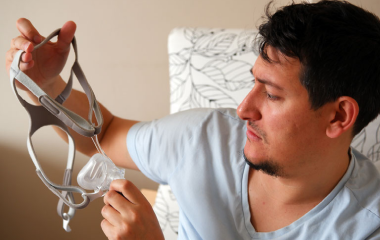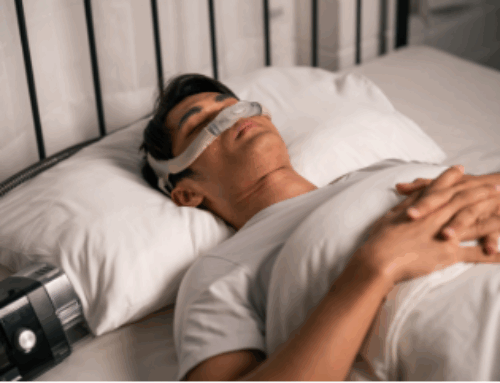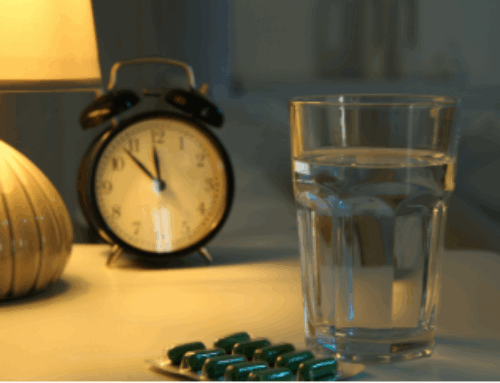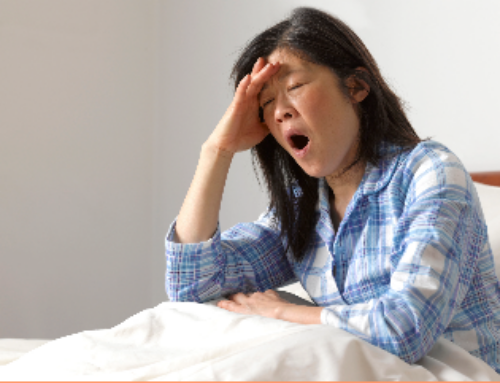People with obstructive sleep apnea often report that it’s been years since they’ve gotten a good night of sleep.
Usually, CPAP therapy is their best chance to wake up in the morning feeling refreshed again.
Once they adjust to sleeping with CPAP, many users feel like they can’t live without it. New research shows that they may be exactly right.
A Deadly Disorder
For years research has been painting a picture of sleep apnea as one of the big bullies on the block. It’s been linked to some of the worst health problems in the neighborhood: heart disease, stroke, diabetes, obesity, and depression, to name just a few.
Now a new study in the Aug. 1 issue of the journal Sleep provides stunning evidence to confirm that sleep apnea is much more than just a bully: Severe sleep apnea can be deadly.
“We found that people who had severe sleep apnea compared to those without had three times the risk of dying due to any cause,” said principal investigator Terry Young, PhD. She is a professor of epidemiology at the University of Wisconsin-Madison.
The risk was even greater for participants who did not report using CPAP therapy. CPAP is an acronym for “continuous positive airway pressure.” The American Academy of Sleep Medicine describes CPAP as the most effective treatment for obstructive sleep apnea.
Results show that participants who did not use CPAP had four times the risk of dying due to any cause. They also had five times the risk of dying from a heart problem.
“I was surprised by how much the risks increased when we excluded people who reported treatment with CPAP,” said Young.
Young states that the study doesn’t prove that CPAP is a lifesaver. But the evidence clearly points in that direction.
“Regular use may prevent premature death,” she said.
Hurting the Heart
To understand the benefits of CPAP, it helps to know more about how sleep apnea affects the body.
The literal meaning of apnea is “without breathing.” According to the American Academy of Sleep Medicine, sleep apnea occurs when muscles relax during sleep. This causes soft tissue in the back of the throat to collapse and block the airway. Snoring is evidence that the airway is partially blocked.
The sound of snoring is replaced by silence when the airway is completely blocked. This produces a breathing pause that can last from 10 seconds to a minute or longer. The silent pause ends with a choking or snorting sound as the body briefly wakes and gasps for breath. Sleep resumes and the cycle repeats itself.
Severe sleep apnea may involve hundreds of breathing pauses in one night of sleep. This puts tremendous stress on the body, especially the heart.
“All night long the oxygen levels go up and down during the breathing pauses,” said AASM spokesperson Dr. Nancy Collop. She is the medical director of the Johns Hopkins Hospital Sleep Disorders Center in Baltimore, Md.
“These changing oxygen levels stress the body in such a way that it releases harmful substances that raise blood pressure and cause narrowing of blood vessels, which makes the heart work harder to push the blood around,” Collop explained. “Week after week of this stress can result in permanent changes to the heart and blood vessels.”
The brief arousal that occurs at the end of each breathing pause also can lead to severely fragmented sleep. This can disrupt mood and memory and can cause excessive daytime sleepiness. People with untreated sleep apnea are at risk for drowsy driving and for accidents on the job.
More than a Mask
The idea behind CPAP is fairly simple. The small CPAP unit plugs into the wall and sends air through a long, flexible tube. The tube connects to a mask that you wear during sleep. The stream of air keeps the airway open, preventing breathing pauses.
Although CPAP may sound simple, its effects can be profound. Collop says that using CPAP provides clear health benefits for people with sleep apnea.
“CPAP appears to normalize the risk for adverse effects from sleep apnea by reducing blood pressure, raising oxygen levels and improving sleep,” she said.
The risk-of-death study in Sleep is only the latest in a long line of research that describes the benefits of CPAP. Recent studies from around the world highlight different effects of CPAP use.
In Slovakia, a study found that people with severe OSA may be able to reduce their risk of heart disease by regular CPAP use.
A study in Spain found that CPAP therapy for people with sleep apnea improves the pumping function of the left ventricle. This is the heart chamber that pumps blood into the arteries.
In Australia, a study found that effectively treating sleep apnea with CPAP can lead to reductions in the stiffness of the arteries and in central blood pressure.
A study in China examined the effect of CPAP therapy on the quality of life in people with sleep apnea. Those using CPAP scored better on measures of physical function, body pain, and energy and vitality.
In Germany, a study found that treating sleep apnea with CPAP reduces the risk of a heart-related event such as a heart attack by 64 percent.
These studies have added to the already large body of research that describes the health benefits of regular CPAP use by people with sleep apnea. But can CPAP really save your life?
“Yes,” said Collop. “If you have severe enough sleep apnea, CPAP is a very effective therapy that reduces cardiovascular risks.”





